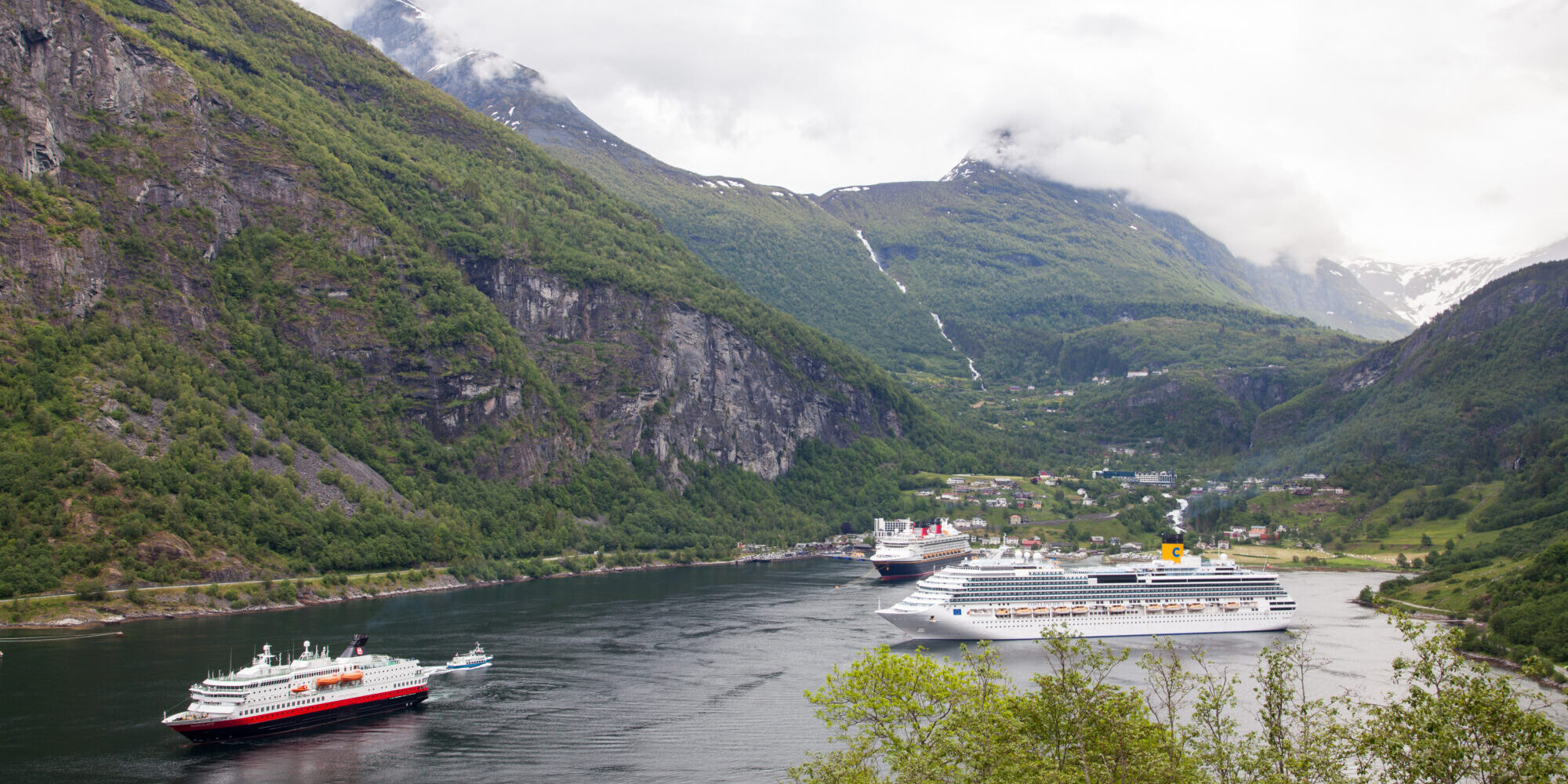
Ground rent: Exporting a good principle?
Author
Published: 28 June 2024
Last updated: 03 July 2024
Research areas
Share article:
Based on the analyses in the Bioshare research project, I argue that the principle of ground rent, or “the natural dividend”, should be applied far more generally for utilization of natural resources, which ought to be seen as common resources.
This text expresses the writer’s personal views.
We live in a time with strong pressures on both nature and democracy. When looking for strategies to meet these, it is possible to see these issues interlinked.
A proposal including the principle of the ancient Norwegian general right of access for recreational purposes in the forests, mountains, along the sea etc (allemannsretten) into the Norwegian Constitution, was recently put forward. One argument is that large foreign acquisitions of properties, or concentration of attractive areas in a few, private hands, will reinforce a trend towards privatization. In the event of political, ideological and economic changes, such taken-for-granted access to what we see as a common good can be lost.
Following a proposal from the Association of Judges, the Storting (the Norwegian Parliament), recently decided to amend the Constitution to ensure better protection of the independence of the courts. The aim is to protect the courts against coup attempts by strengthening the constitutional independence of both courts and judges, thus reducing the danger of the abuse of power.
Both proposals are based on possible threats to democratic principles – it is not guaranteed that our social order will last forever.
An important part of what we perceive as our social order is the welfare society. In Norway, it is founded on good institutions and, in particular, on ground rent, or nature resource rent, as the guiding principle for good distribution from the hydropower and petroleum sectors. This tax ensures that the community receives a share of the extraordinary return (the “super profit”) that is created by exploiting what we perceive as shared natural resources – a common good.
The Bioshare project has suggested that the ground rent should be applied also on wind power and aquaculture, and actually it was proposed by the Government in the autumn of 2022. This “salmon tax”– together with the wealth tax – contributed to a flight of Norwegian billionaires to Switzerland. I will not go into the tax’s technicalities, but the total burden was probably high. Ground rent was eventually formally applied on aquaculture and wind, but at a lower rate than originally proposed.
In an article on 8 March this year, Kjell Bjordal points out that “[t]hrough constantly new ground rent taxes, the Ministry of Finance is well underway in introducing two tax regimes in Norway. A high tax regime in rural and District Norway and a low tax regime in the big cities.” Bjordal’s seafood background does not detract from the reasoning. It is about the resource rent tax being levied on naturally-based district resources, which are essentially public resources, and thus “affectings” local industries.
In the big cities and in otherwise pressured areas, land is being seized by private interests without similar payment to the community – Bjordal mentions for example the fashionable marina of Frognerkilen. The centralization and tax system for property leads to a self-reinforcing price trend and contributes to increasing inequality in society.
The French economist Thomas Piketty asks how much economic disparity democracy can tolerate
Our reply to this relevant critique from Bjordal is that the ground rent principle should be able to be used on central properties in big cities. It was precisely the properties in the emerging American railway towns that Henry George, one of the original ground rent theorists, believed needed to be taxed – they benefited from government infrastructure development.
Based on the analyses in the Bioshare research project, l argue that the principle of ground rent or nature resource rent can be applied far more generally to “super profit”, when capital and labour have taken their share. In the Bioshare project, colleagues Jonathon Moses and Maggi Brigham have called it “the natural dividend” and describe how it can be applied to various natural and land resources. They believe a resource rent tax can also be a tool to reduce the pressure on natural resources while at the same time sustaining a mixed and market economy.
The Norwegian experiences with ground rent tax on hydropower and the oil sector showed this: international capital was welcomed but reined in.
The point of impact or the tax percentage level is not the interesting thing, but the principle must be in place before any extraordinary return is syphoned off. It should be able to be used at sea, on the seabed, and in areas within and outside national jurisdiction, as well as on land. Certain general principles, such as that the local population, indigenous groups, and state should have a certain share, must be in place.
The principle could probably also be applied on tourism. Work is now underway on the design of different types of tourist tax and fees in a number of Norwegian municipalities. In one pilot project it takes the form of a bill to which local visitors contribute. The need for local processes and design is pointed out. In the tangle of various schemes that exist and are proposed at home and internationally, we may need a universal basic interest principle as a basis.
Not least, we see that there is an urgent need to prevent further major environmental and natural impacts from what is called “big cruise”, and where it may be unclear what will be left at the local level apart from major environmental losses. We know this well from many Norwegian fjords and small towns. Iceland struggles with overtourism. Now Greenland is opening for more tourism, many players expect a possible tourism revolution with new airports and interest from the cruise industry. This could be a great opportunity for the former colony, which has few options beyond fisheries and interest from mining companies. It potentially also has hugely negative effects.
Work is being done on a Greenland tourist act and on designing possible forms of tourist tax, but one that may not be on target and many fear the consequences. A universal principle at the base level, with local and national adaptations, based on the good experience of the ground rent, can provide a better basis for democratic and fair social development – locally and internationally.
Author
Published: 28 June 2024
Last updated: 03 July 2024
